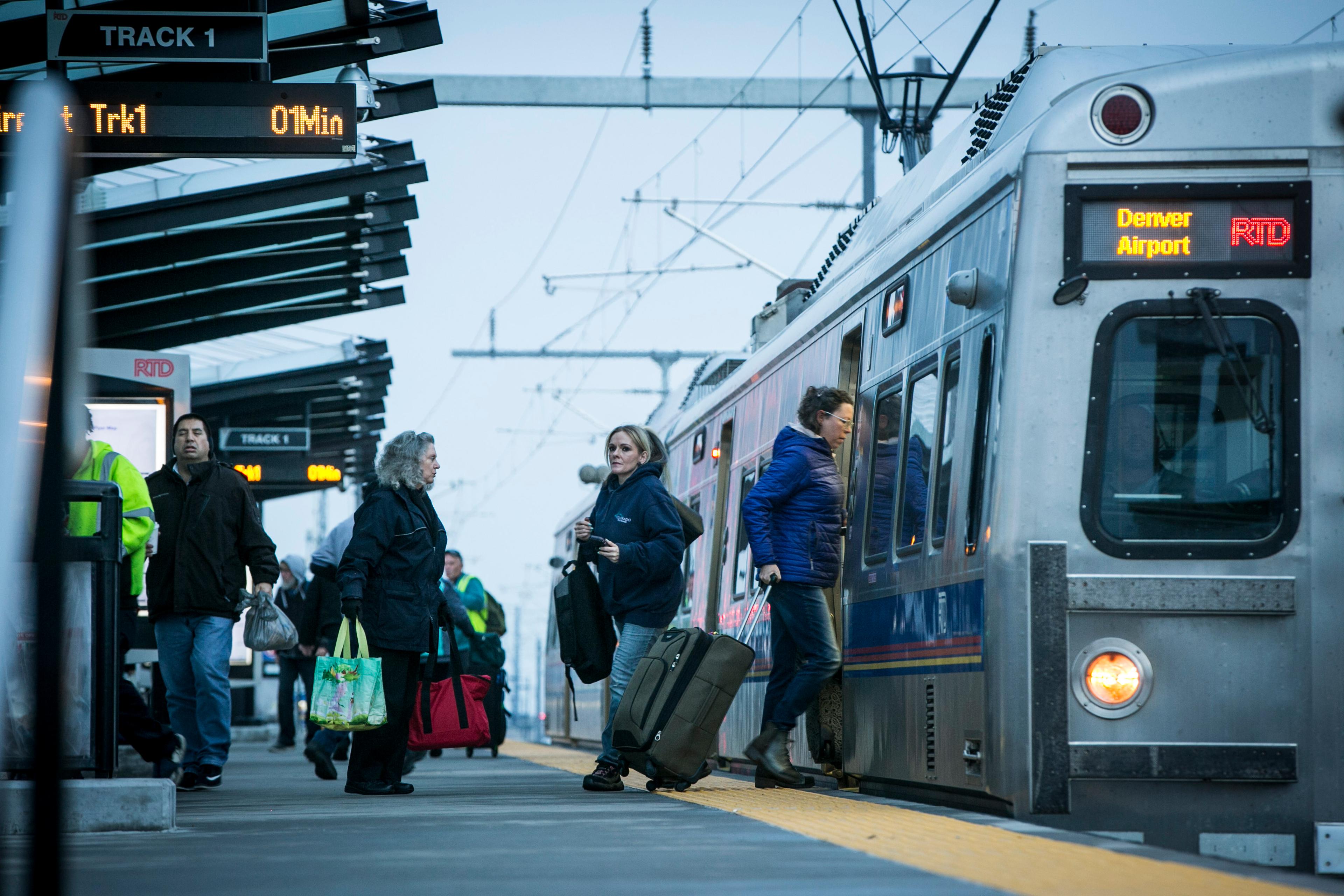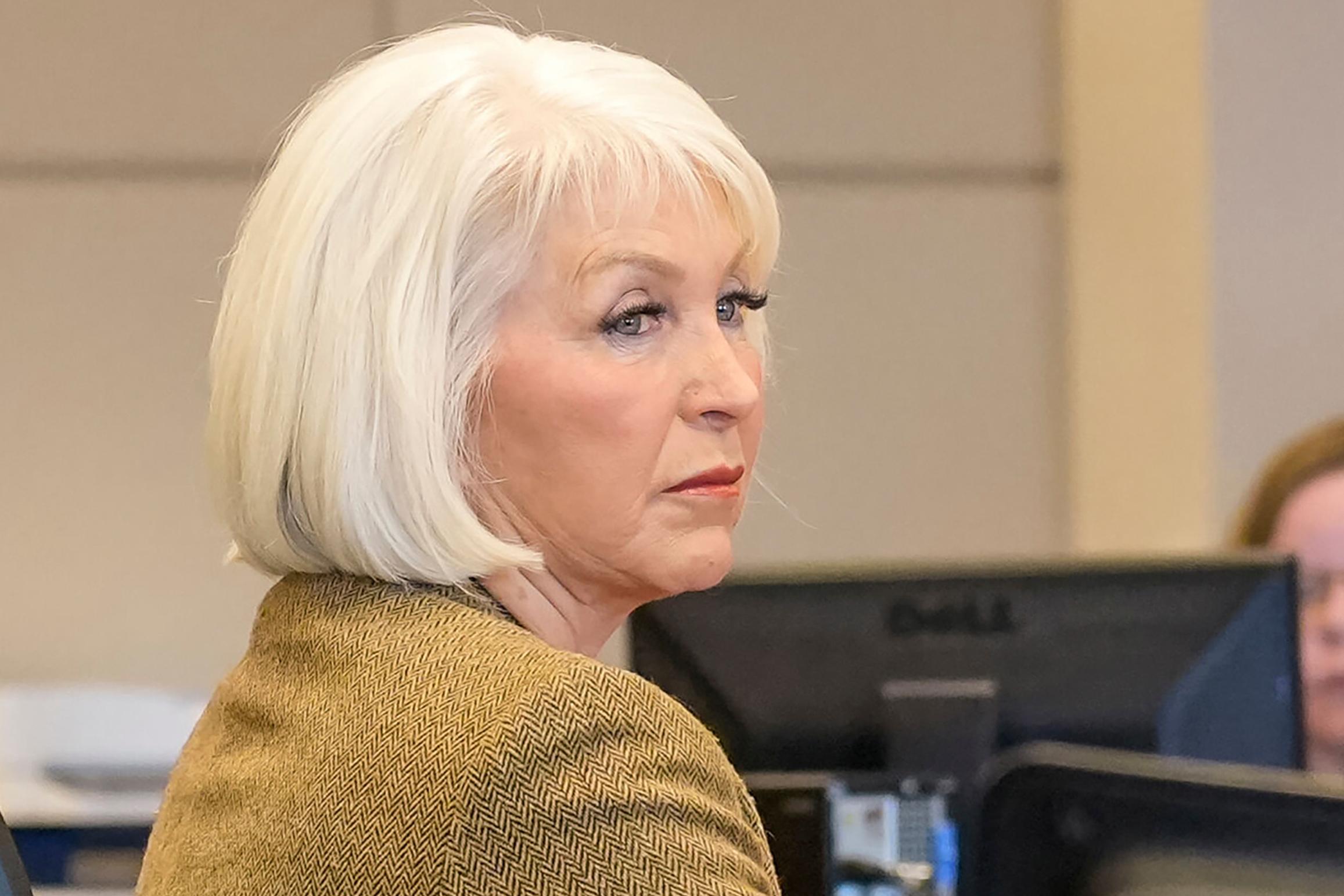
A Regional Transportation District board committee on Tuesday approved major changes for its train and bus passes, aimed at making them more equitable.
The proposal has been in the works for more than a year and a half, and has had input from a working group made up of wide variety of advocacy groups, colleges, school districts, and other organizations. The plan also went before the public over the summer at eight open houses across the metro area.
- How RTD Is Trying To Make Bus And Train Fares More Equitable
- Proposed Fare Increase For RTD's Access-A-Ride Worries Those Who Use It
RTD To Close 4 Downtown Light Rail Lines For 10-Day Renovation
"I'm relieved. It's been exhausting. But it's worth it," said RTD transit equity manager Michael Washington, who's been leading the project. "Ultimately, my real hope is that the community is appreciative of the work that we've done and [that] it actually works for them."
RTD's proposal would:
- Introduce a low-income fare program, which would provide a 40 percent discount to households at or below 185 percent of the federal poverty level.
- Increase the one-time Local fare to $3, Regional fare to $5.25 and fare to Denver International Airport to $10.50.
- Increase the discount offered to riders 6-19 years old to 70 percent.
- Up to three children 5 and younger would ride free with a fare-paying adult.
- Continue offering EcoPass, Neighborhood EcoPass and CollegePass, which will be priced based upon trips taken.
- Introduce a 3-hour pass, which would replace a 3-hour one-way transfer.
- Retain 10-Ride ticket books and MyRide smart cards with discounts.
- Retain day and monthly passes and FlexPass.
- Discontinue ValuPass (those interested instead could purchase 12 monthly passes).
The financial administration and audit committee, which every board member sits on, voted 9-6 in favor of the proposal. Board chair Doug Tisdale said he'd like to see some changes to the proposal, but concluded that now was the time to act.
"We cannot, I submit, let the perfect become the enemy of the good," he said. "So I suggest that, based upon what we have been presented and what we have seen, this is a good solution."
The full RTD board required the proposal to be revenue neutral. The increase in the base fare, as well as price changes to the EcoPass and CollegePass, will help pay for new discounts.
That troubled board member Larry Hoy. "It's going to cost somebody out of their pocket to support somebody else's lesser fare," he said.
Board member Bob Broom lamented the missed opportunity to simplify the sheer number of passes and discounts RTD offers.
“If somebody walks up to me and says, ‘What does it cost to ride on RTD?’ The only honest answer you can give them is, ‘It depends,’ “ Broom said. “I think back as a kid, everybody that got on the bus put a nickel or a dime in, depending on your age. It certainly got more complicated since that time.”
The proposal goes before the board next week for a final vote.









